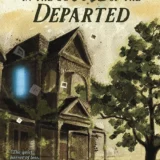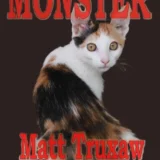 |
| DepositPhoto – A classic fishbone diagram. The ones I do for my writing do NOT look like this. |
 |
| DepositPhoto |
In actual fact, it’s a combination of true fishboning for root cause analysis and “The Five Whys” technique developed by Sakichi Toyoda, where you drill down and down to what the ultimate root cause of any problem may be. The fishbone is a cause analysis tool, which a trained facilitator (which I used to be) might pull out to use when a problem solving team has hit a dead end or finds itself in a rut.
she only had pity for him.
******************************************************
There’s more to the scene in the novel but I think this gives the flavor…
This article was originally posted on SFF Seven
USA Today Best Selling Author
Veronica Scott grew up in a house with a library as its heart. Dad loved science fiction, Mom loved ancient history and Veronica thought there needed to be more romance in everything. When she ran out of books to read, she started writing her own stories.
Seven time winner of the SFR Galaxy Award, as well as a National Excellence in Romance Fiction Award, Veronica is also the proud recipient of a NASA Exceptional Service Medal relating to her former day job, not her romances!
She read the part of Star Trek Crew Member in the official audiobook production of Harlan Ellison’s “The City On the Edge of Forever.”











